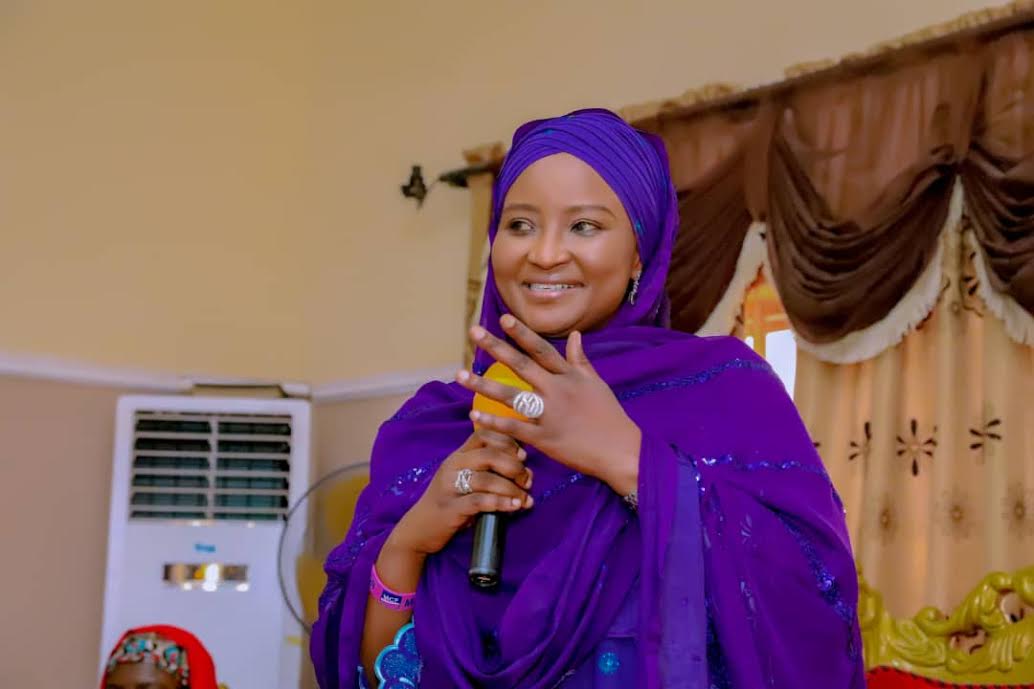FLAC tasks stakeholders on bridging cancer care gaps
The First Ladies Against Cancer Initiative of Nigeria (FLAC) has called on all stakeholders to increase efforts towards closing cancer care gaps in the country. Chairperson of FLAC, Dr Zainab-Shinkafi Bagudu, made the call during the launch of a book titled: “Footprints” by FLAC to commemorate this year’s World Cancer Day. Mrs Bagudu, who is […]

Wife of Kebbi State governor, Dr Zainab Shinkafi-Bagudu
The First Ladies Against Cancer Initiative of Nigeria (FLAC) has called on all stakeholders to increase efforts towards closing cancer care gaps in the country.
Chairperson of FLAC, Dr Zainab-Shinkafi Bagudu, made the call during the launch of a book titled: “Footprints” by FLAC to commemorate this year’s World Cancer Day.
Mrs Bagudu, who is the founder of the Medicaid Cancer Foundation (MCF) and First Lady of Kebbi State, said most cancer cases diagnosed in health facilities were recorded at a late stage.
While noting that such late presentation significantly reduced the possibility of beating cancer, she said this year, together with its partners at Roche, FLAC was increasing access to screening services by setting up screening centres across Nigeria.
Cancer kills 700,000 Africans every year – WHO
Our gov’ship candidate didn’t forge NYSC certificate – Enugu PDP
She said, “Between the pages of Footprints, you have seen the excellent work that the NGOs that make up FLAC are doing across the country. Thus in 2023 we are committed to doing more, and I appeal to all our partners in the room today to continue this journey with us.”
Immediate past Chairperson of FLAC, Dr Amina Abubakar Bello, said FLAC was a coalition of serving and former first ladies of states who had NGOs working within the cancer space.
She said, “We have 13 NGOs across 11 states across the six geopolitical zones of Nigeria. The states are Adamawa, Benue, Cross River, Ekiti, Enugu, Kebbi, Kwara, Niger, Ogun, Ondo and Oyo.”
Mrs Bello, who is also the First Lady of Niger State, said the coalition had over the last four years worked tirelessly to increase cancer awareness across states, worked with partners to improve access to cancer screening services, facilitated the development and ongoing implementation of sub-national cancer control plans, and most importantly, supported cancer patients and their families through the treatment pathway.
Wife of the vice president, Dolapo Osinbajo, said there was a fight against cancer because it had set up a fight against humanity.
She said, “Let us use this course to fight back. Everyone must rise in the fight against cancer. Cancer kills; it kills people, men and women, young and old, in any nation of the world. Cancer can be found in different parts of the body, working differently in each place, and working differently in its manifestations in people”.
Ibrahim Oloriegbe, Chairman, Senate Committee on Health, said the newly signed National Health Insurance law did not cover cancer treatment, noting that there was need for more resources in the fund pool through enrollment of more beneficiaries in order to cover cancer.
He further said there was a need for the Federal Ministry of Health to improve engagement with the private sector and development partners to ensure implementation of a special fund for cancer treatment.
